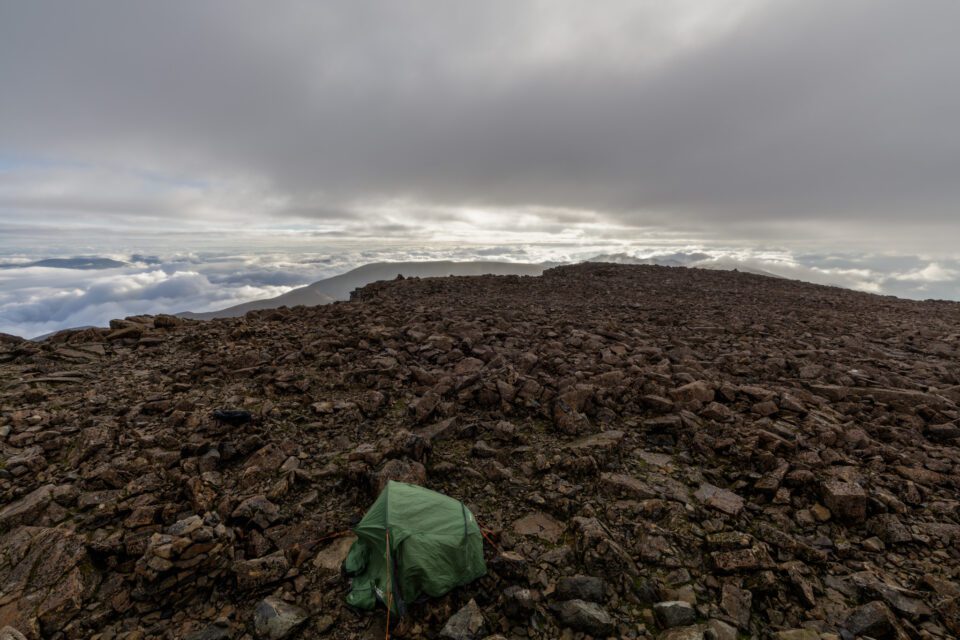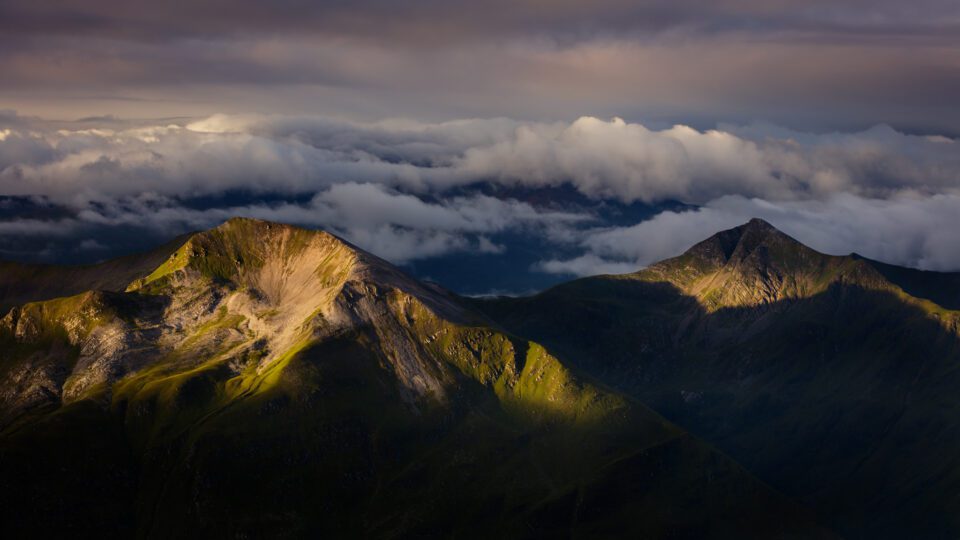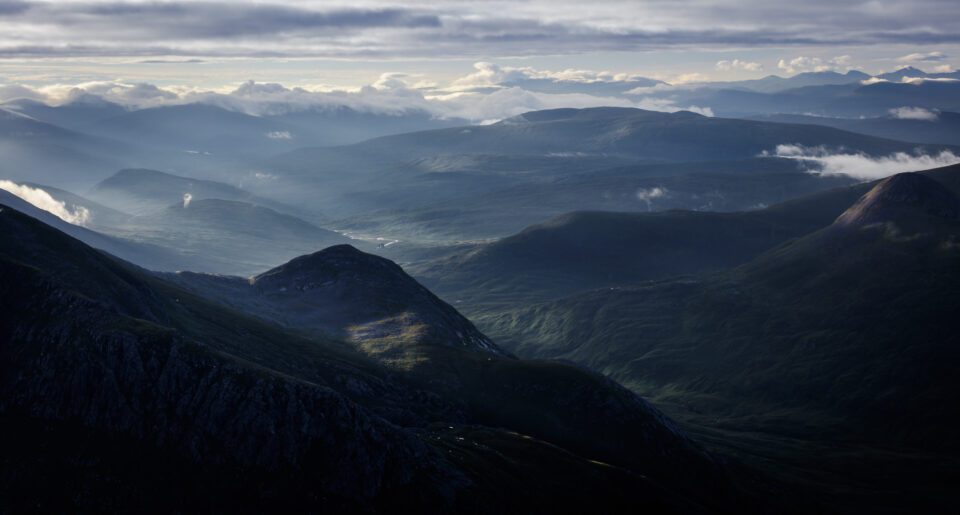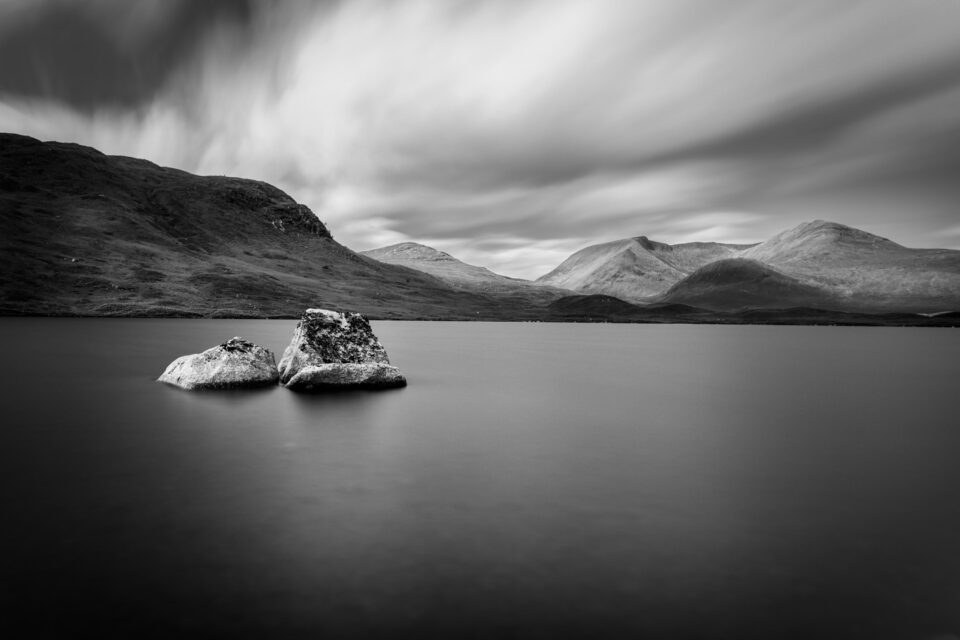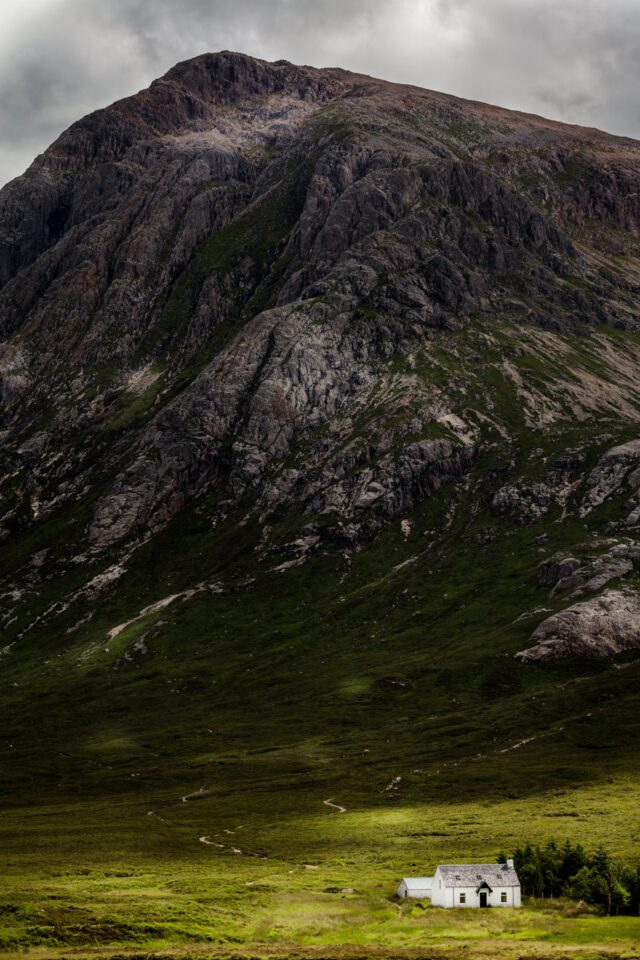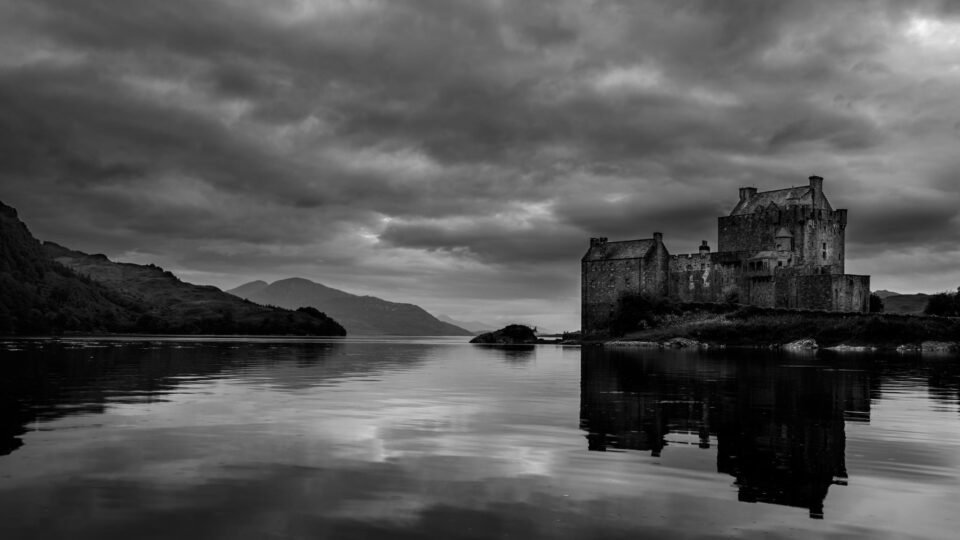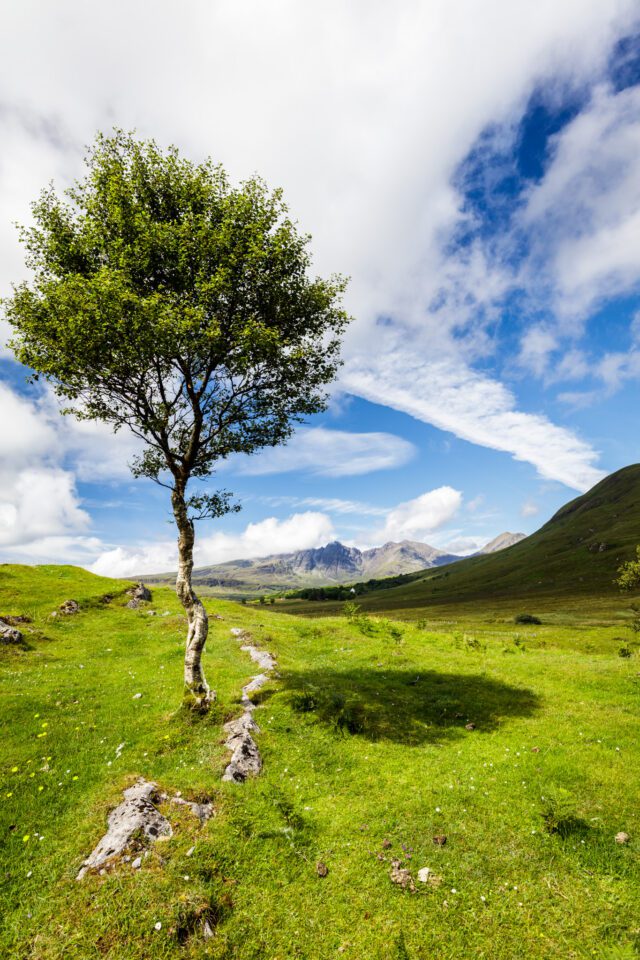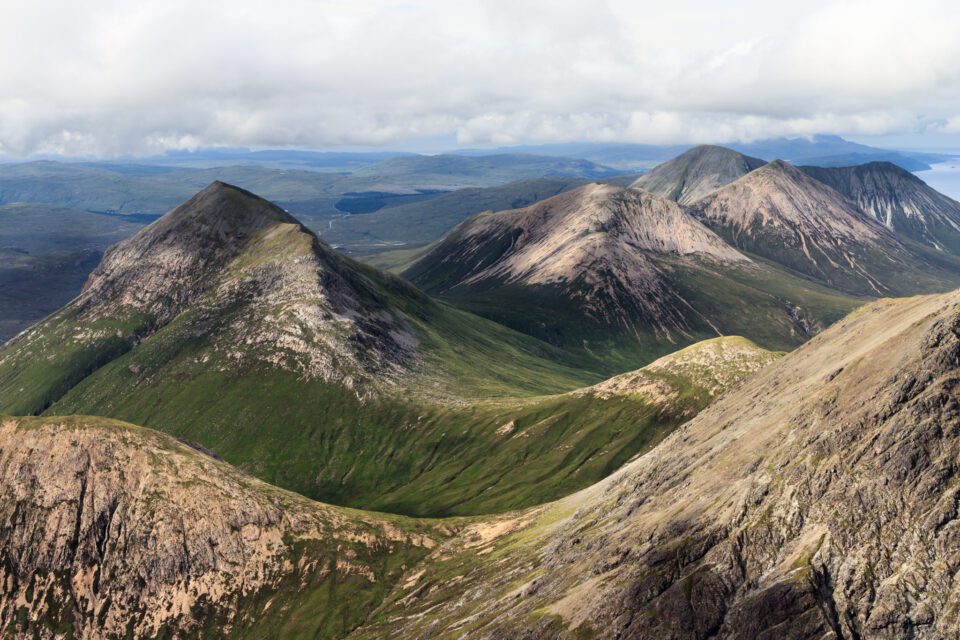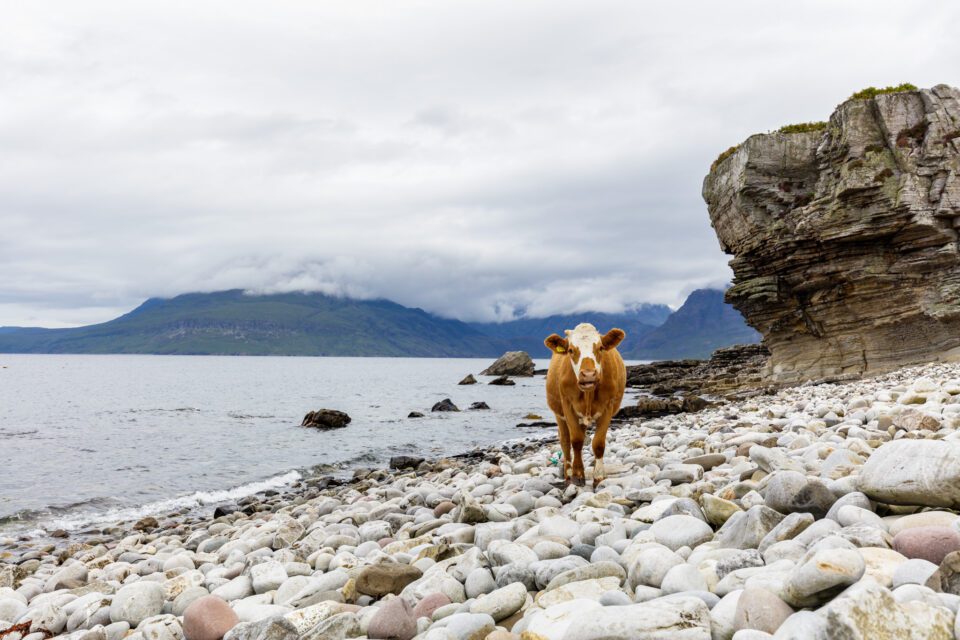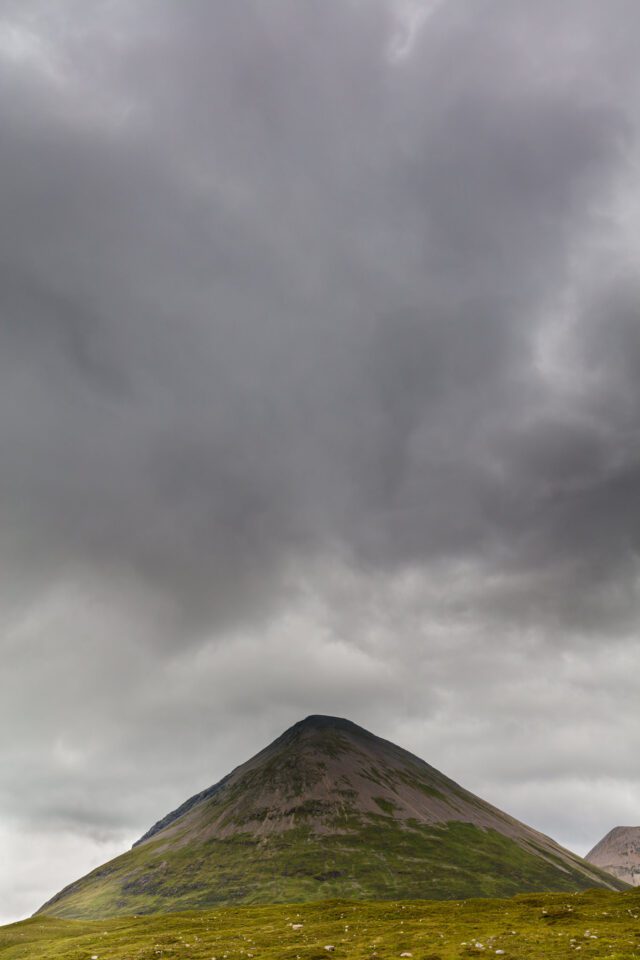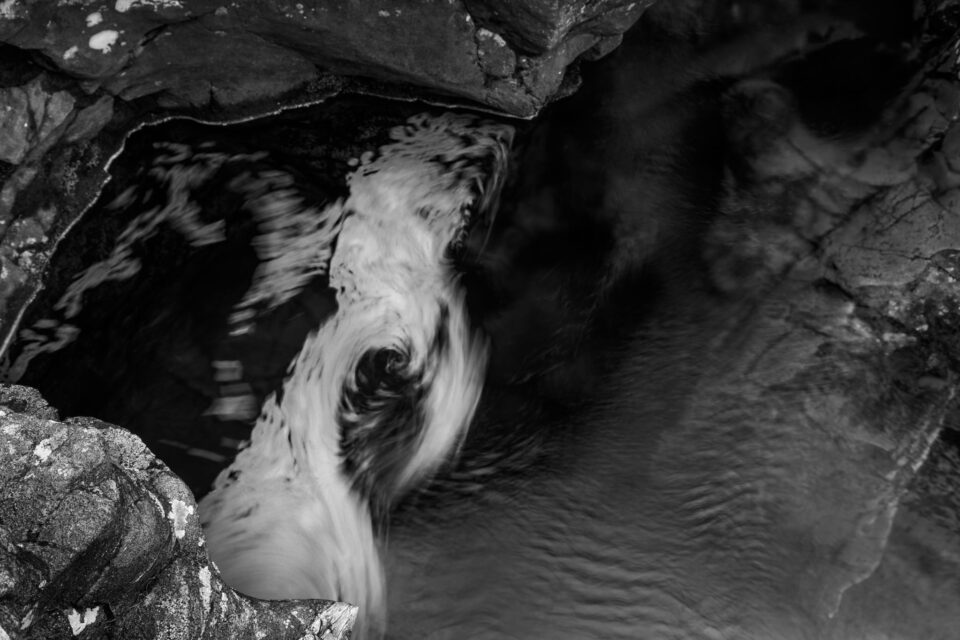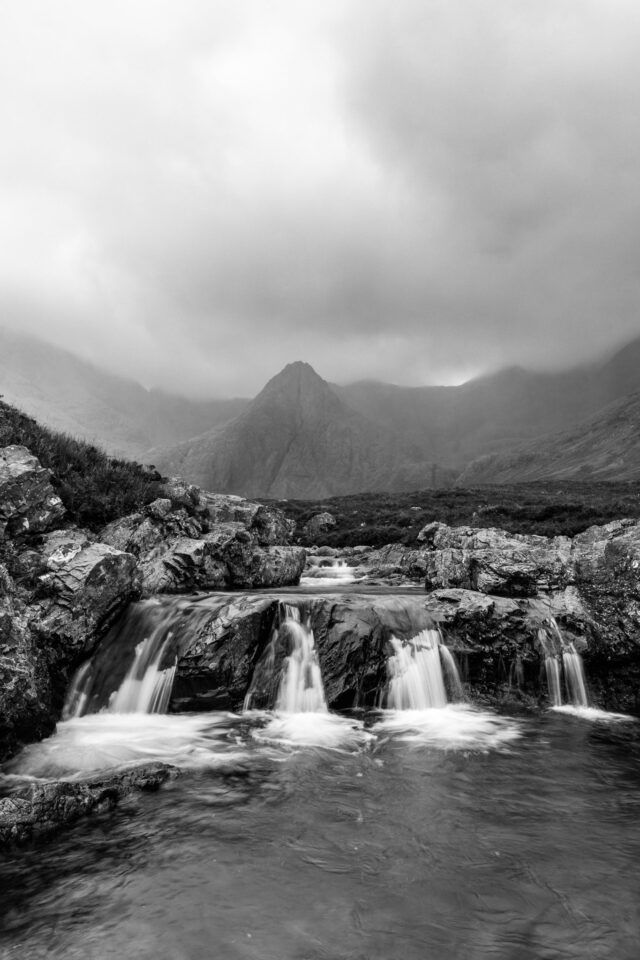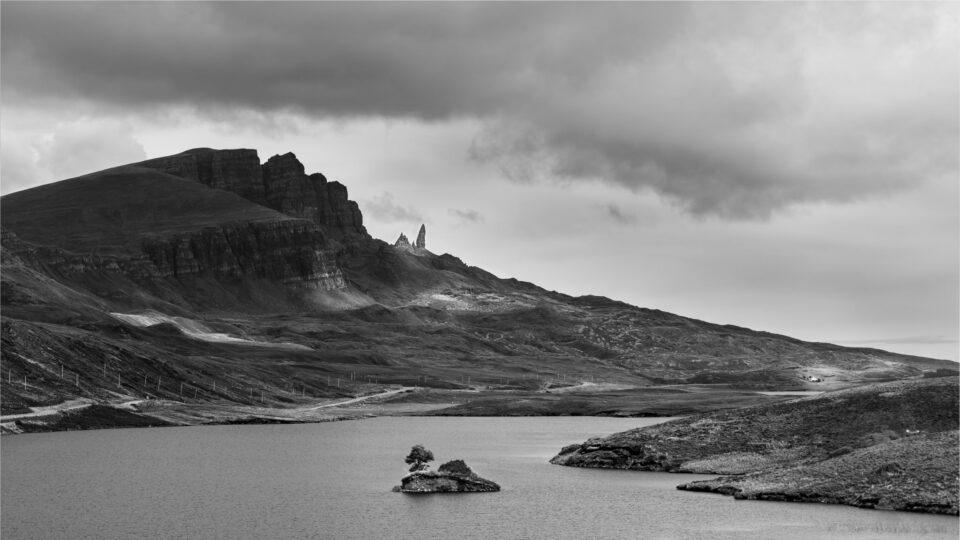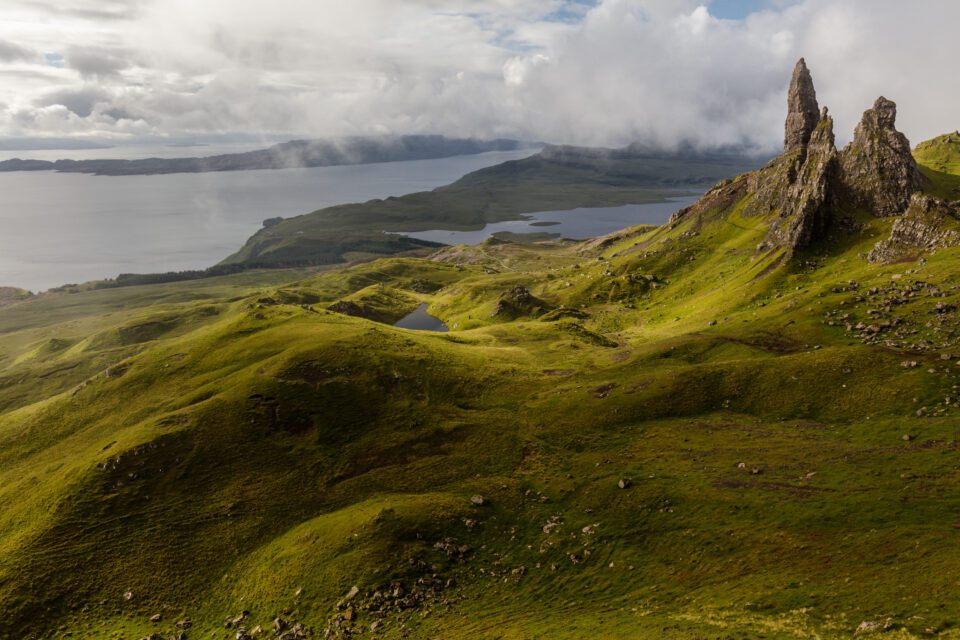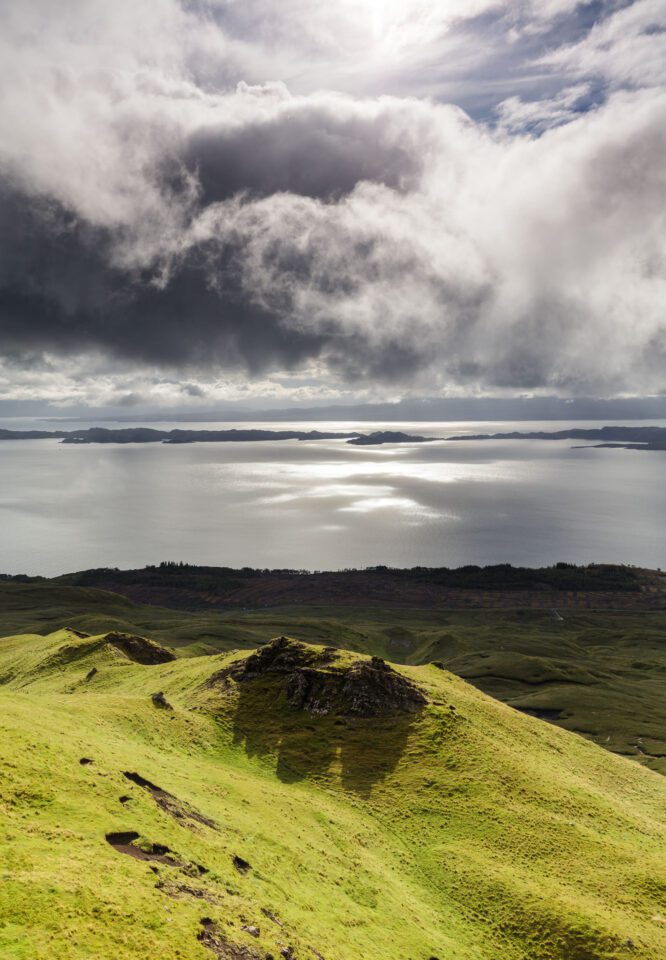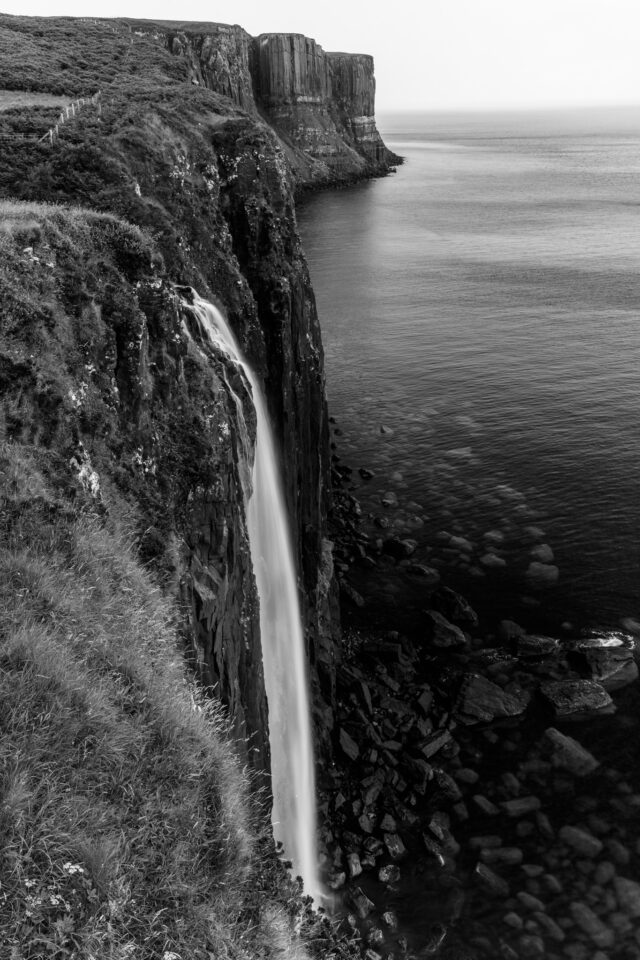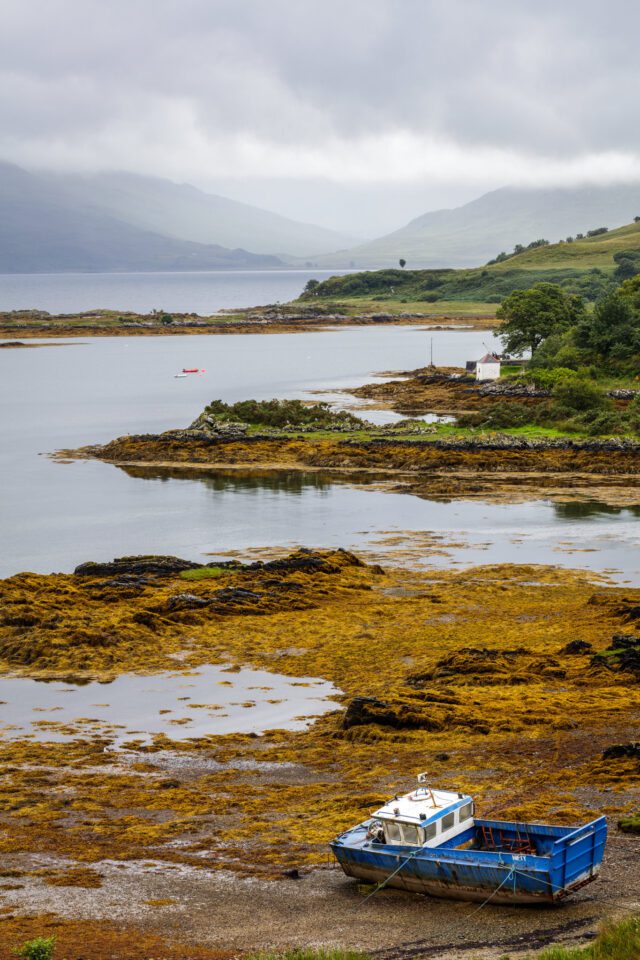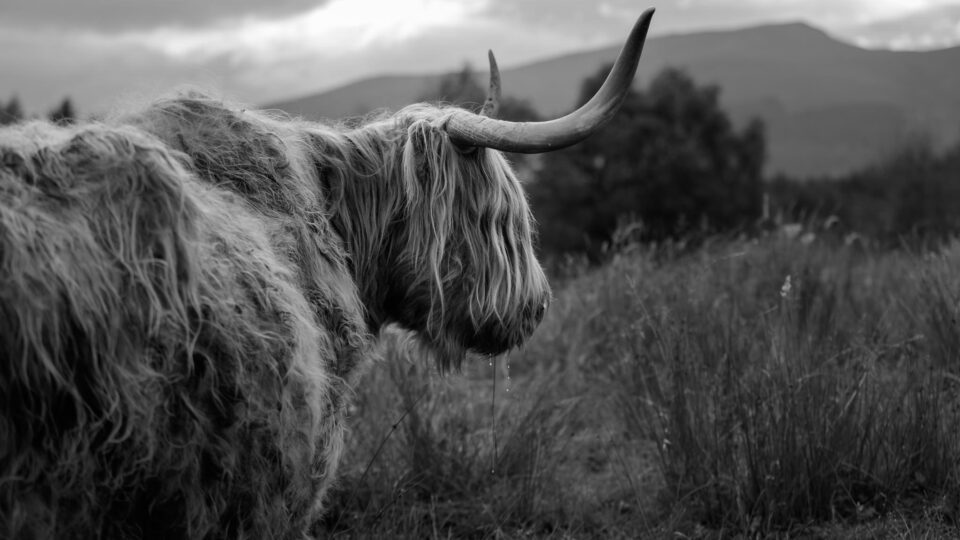When your everyday life consists of commute-work-commute-sleep-repeat, holiday time is scarce and precious. What better incentive to make the most out of it? Earlier in July, I decided to set up for a quick adventure in the Scottish highlands with a keen photographer friend of mine. I had seen wonderful pictures of this country, and wanted to experience it for myself.
Public disclaimer: I am a French guy living in London, so please bear with me while I tell you a story in a language that is not my first.
With every good trip comes good preparation. I spent a tremendous amount of time browsing several resources in the quest of good photography spots:
- Flickr map
- Walking Highlands
- 500px
- Youtube
- Trip Advisor
- …
In a matter of days I had a perfectly coordinated 8 days trip around the country ready to start. To keep things authentic, and to make this journey as photography friendly as possible, my friend and I decided to rely on wild camping throughout the trip. Scotland’s freedom to roam makes it the ideal destination for campers.
With the gear ready (see list at the bottom of the article), we set off for an early start to Heathrow airport, en route to Inverness.
Ben Nevis
After landing in Inverness and sorting the car rental, a 2-hour drive along Loch Ness and other landmarks lead us to Fort William and Glen Nevis Visitor centre. This is where the Ben Nevis Mountain trail starts. Ben Nevis is the highest mountain in the UK, reaching 1,346 meters. (For those of you living in the Rockies, Nepal, or the French Alps, it might sound underwhelming). After sorting out our gear, we set up for the climb late afternoon. After a long and demanding 3 –hour climb in light drizzle later, we were on top of the mountain. To our surprise, snow was still around and the mountaintop was nothing but pointy rocks. Not the ideal tent location. After pitching and re-pitching our shelter in freezing cold conditions, we were ready to spend what was to me the worst night of camping I have ever experienced.
The next morning however, the weather had finally improved and we were blessed with a good 40 minutes of sunrise light.
After this brief window, the clouds covered the mountain again, as we started our 2-hour descent back to the car.
Overall we were drenched, cold and tired. Lesson learnt: next time set off early, bring plenty of plastic bags to keep our clothes dry, and layer up!
Loch Tulla
After drying up our stuff in the car for ages, we decided to explore further south. A short drive took us to Loch Tulla, a wonderful place right by the main road (A82). We took a needed sunny break on one of its beaches. With plenty of fluffy cumulus blazing across the sky, it was the perfect long exposure opportunity.
I highly recommend this spot to anyone looking for a good view without having to leave the comfort of a car.
Dornie Castle
The original plan was to spend two days on the mainland and then travel to Skye for the rest of the trip. On the way to Dornie, the last agglomeration before the bridge to Skye, pictures opportunities rise at every corner of the road. If your GPS suggests a slightly longer scenic journey, by all means, do follow it.
After a rather long drive, we reached our destination for the night. Dornie Castle is a wonderful sight, as it offers everything a classic Scottish image would look like: a dramatic castle overlooking a loch, and mountains in the distance.
We set up camp further East, by the Murchison Memorial. This time it was not the cold, or the rocks, or even the rain. It was the local unwanted visitors: midges. I knew they were a problem, and I took every precaution when packing my stuff to bring sufficient protective gear, but I would never have guessed it would be that bad. If you are reading this article and planning to visit Scotland in summer, and you think your usual mosquito face net would cope, well the answer is: it will not. These things are tiny enough to get through even the minutest mesh. If there is one thing to buy before your trip, it is a proper midge-proof face net. The rest is optional…
Blà Bheinn
Not discouraged after our Ben Nevis climb, we hit the road early in the morning. After crossing the bridge and refuelling in Broadford, we continued our journey to our next Munro climb: Blà Bheinn, a 928 meters mountain standing proud on the Isle of Skye. While Ben Nevis was packed with climbers the morning of our descent, we had the mountain almost to ourselves. We started our climb reasonably early in wonderful sunny conditions. The ascent felt way more strenuous this time, probably due to the higher grade of the slope and the uneven rocky terrain. After a good 3 hours of climbing and scrambling, we made it to the top, where a magnificent view unfolded before our eyes. I am afraid my pictures will not give proper credit to the beauty of our surroundings.
After a terribly windy and sleepless night, we started our descent and reached our car just as it started to rain. Drained by the lack of sleep and intense efforts, we agreed to take it easy for at least a day.
Elgol
Eglol is a small town on the south tip of the Isle of Skye. After seeing it in several travel guides, I was expecting quite a sight. In reality, there is not a lot to it, unless you embark on one of the several marine wildlife boat tours that start from there. As it was not on our list, we went for a walk on the pebble beach. To our surprise, we realised we were not the only ones walking around. Cows were freely roaming, making for some interesting image juxtaposition.
Sligachan
Sligachan is a small agglomeration lost on the crossroad of two main travel routes (A87 and A863). It is home to a lovely bridge, a hotel, a pub and a local brewery. Despite the small size, it is rammed with tour coaches and tourists (after all, I am a tourist as well).
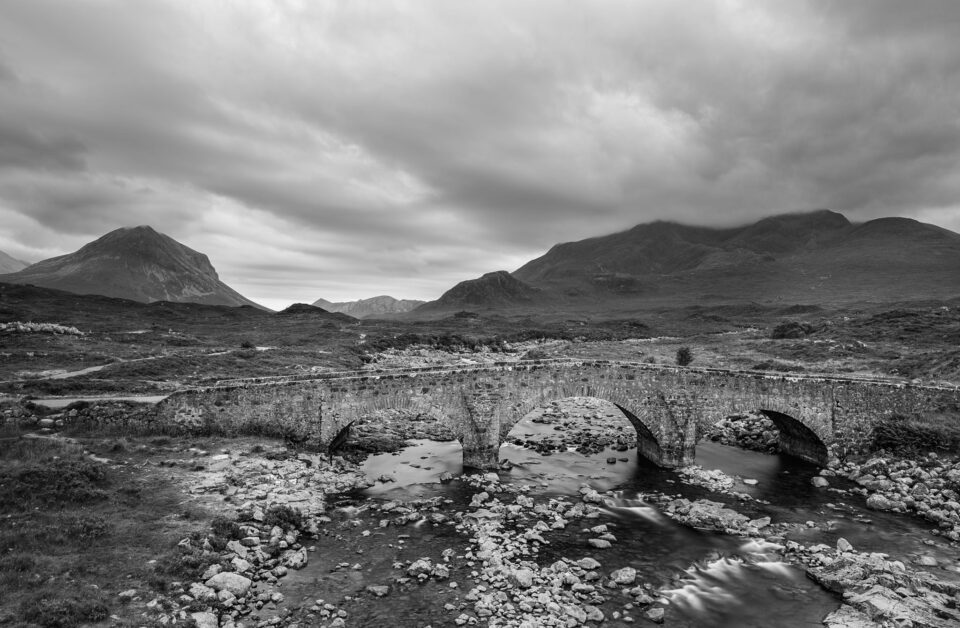
One long exposure and you are suddenly on your own
Canon 5DSr, exposure blending (one long for the bridge and river, one short for the sky)
After a few days of canned fish and white bread, the idea of a good meal was too tempting. We caved in and were treated with delicious and reasonably priced (for the quantity) food at the Sligachan hotel pub. This, along with the Scottish whisky tasting menu, made our midge-infested riverside campground almost pleasurable.
Fairy Pools
Following the A863 south, we reached one of the most popular locations on Skye: the Fairy Pools. It is a succession of waterfalls with incredible features behind every bend. Luckily (or not) the weather was dreadful, leaving the place a little less crowded. With the help of my trusty rain cover, I was able to carry on shooting with peace of mind.
The Old Man of Storr
Our last big walk on our list would take us to probably the most popular location on Skye. The Old Man of Storr, a large pinnacle of rock standing apart from the main plateau. While the scenery is breath-taking, one thing for sure, you are not alone. The long and winding path makes the crowd even more noticeable.
Between the teenage girls blasting music with their phones, the drunk and noisy lads, the guys shouting out loud to test the echo, you certainly cannot forget you are in a popular place.
Good news is, not everyone is willing to spend the night in a tent (and carry it around all day in the first place), which meant that we had the place for ourselves a few hours before sunset and a few hours after sunrise. A few peaceful and quiet moments are worth every hurdle.
We climbed down in torrential rain (once again), hopped in a car and drove to our last location on Skye.
Kilt Rock and Mealt Falls
A few minutes from the Old Man, the Mealt Falls car park offers a great view over the waterfall and the Kilt Rock in the distance. As for any easy access viewpoint, you kind of have to queue to get a good spot.
But once your turn is up, you are rewarded with a lovely view over the open waters and the coast features
The Way Back
The drive back to Inverness did not bring its share of image opportunity. The bad weather certainly did not help at all. However, just before leaving Skye, I came across this fisherman boat, beached on the side, and decided to make something of it.
We pitched our tent for the last time on a vacant lot, minutes away from the airport. To our defence, it was not by choice but by lack of options. The closer you get to the city, the more barriers and fences appear, making camping quite challenging.
We flew back to London with tons of images to cull and process, but with a strong desire to come back in winter, in the hope for some midge free, dry and sunny Scottish experience. I would say that my only regret was not to witness a single sunset or sunrise in 8 days. The weather did play to our disadvantage, but that is something you have to live with.
Gear list:
- Canon 5DSr
- Canon 16-35mm f/4L IS USM
- Canon 70-200mm f/2.8L USM
- Zeiss Distagon T* f/2.8 15mm
- Gitzo Traveller Carbon eXact
- Manfrotto Rain Cover
- F-Stop Gear Sukha with large slope ICU
- Lee Filters (ND grad 0.6 and ND grad 0.9 + wide angle adapter)
- Formatt Hitech Firecrest ND 16 stops
Who I am
My name is Felix Belloin, I am a 24 year old French amateur photographer living in London. I spend most of my days behind a screen in an office, so I try to make the most out of the any trip I plan. I did not learn photography as such; I just dedicated a lot of time to online resources like blogs, articles and Youtube tutorials. The rest comes with practice and exposure to helpful feedback from other photographers. I am really keen to share my experience with others, as I think there is no better resource when planning a trip, than the feedback from others before you. I hope you find this article entertaining and enticing enough to make you want to board a plane to Scotland. Thank you for taking the time to read it anyway, and looking forward to hearing from you.
Best wishes,
Felix Belloin
This guest post was contributed by Felix Belloin. To see more of his work, please check out his 500px and his Facebook pages.
The post A Scottish Espresso appeared first on Photography Life.

